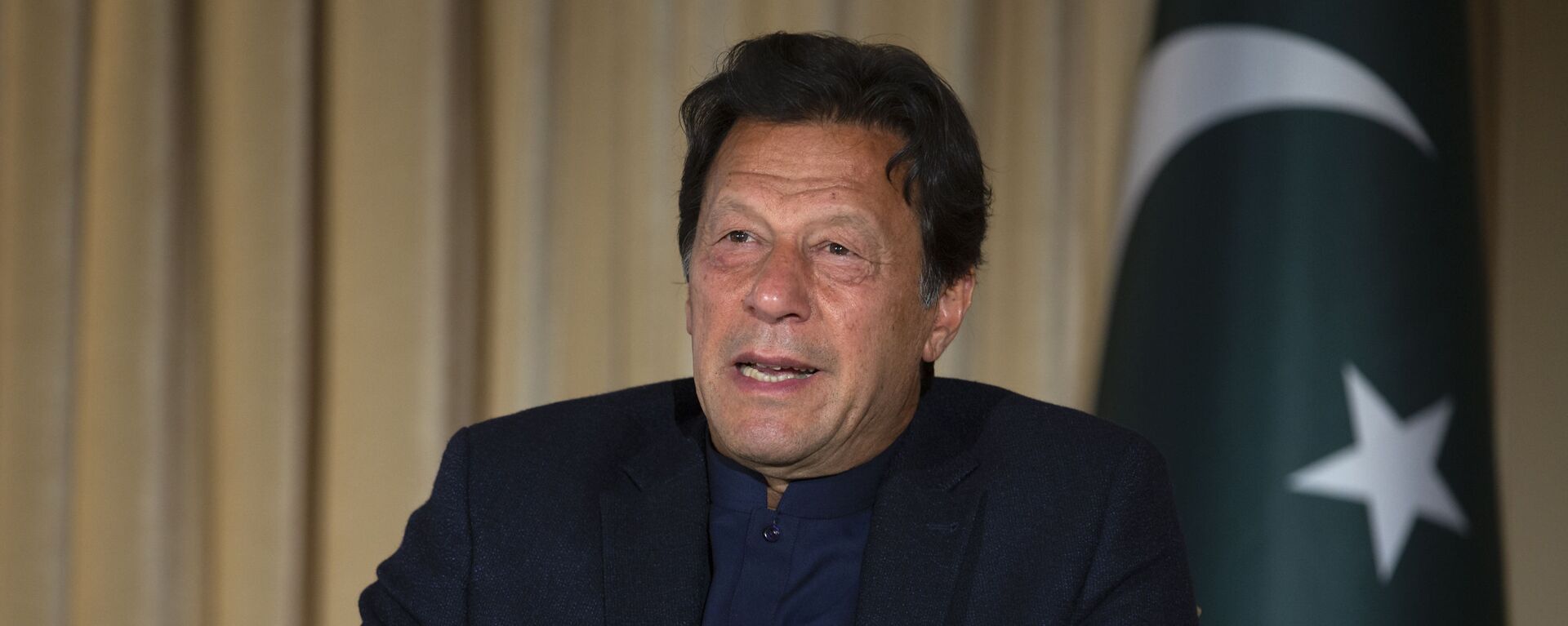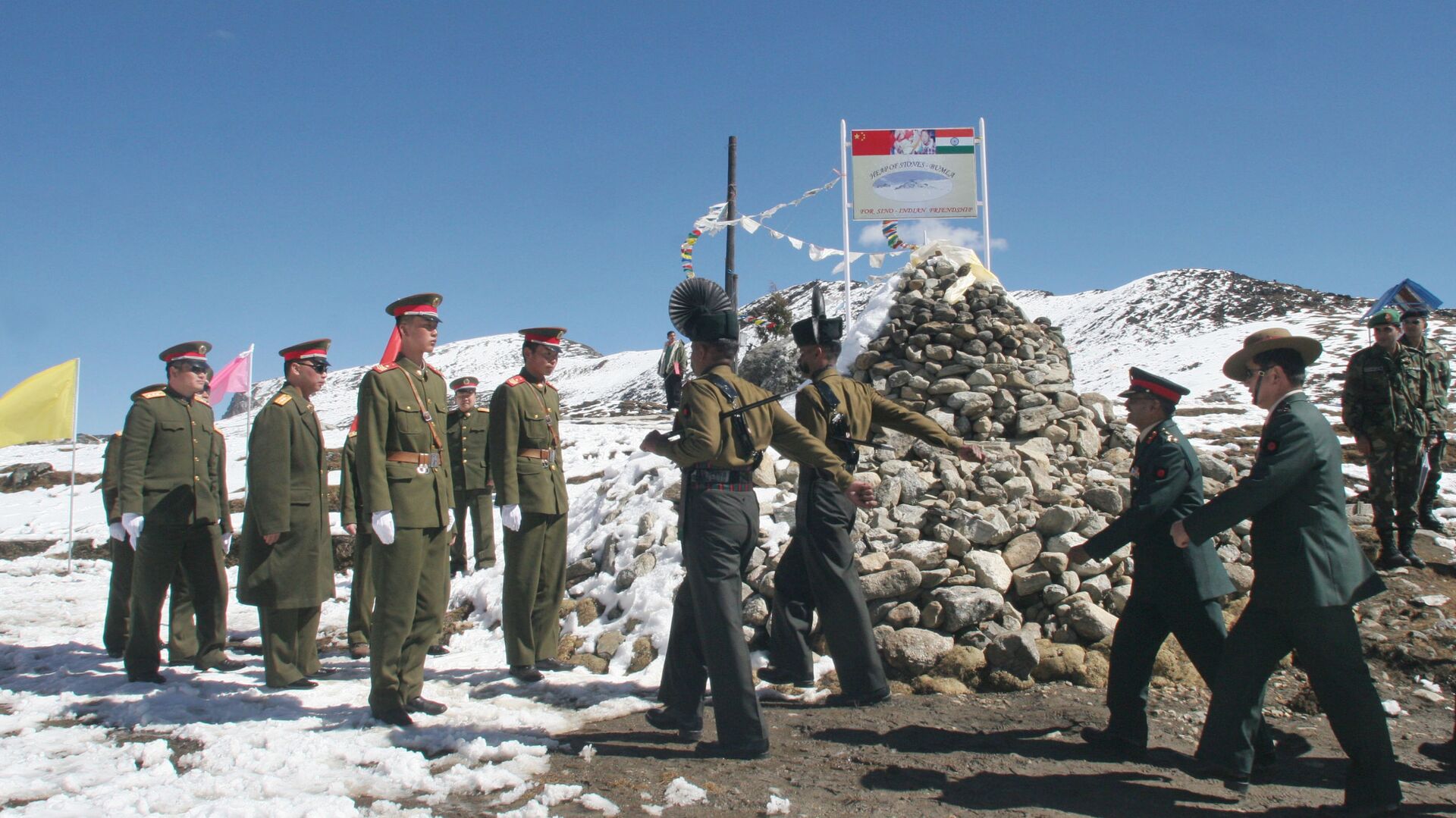India and Pakistan surprised their own citizens and experts last week when they initiated a conversation which had been stalled since 2016 after a series of terrorist attacks on military camps in Kashmir.
The sudden announcement, backed by some backdoor talks between the high level officials of the two countries, has come after a series of positive vibes sent out by Pakistan armed forces chief General Qamar Javed Bajwa and Prime Minister Imran Khan of late towards arch-rival India.
Khalid Shah, a Srinagar-based Associate Fellow at Observer Research Foundation, who tracks the Kashmir conflict and the region, has spoken in an interview with Sputnik about the announcement made by the two nuclear-powered nations and its impact on Kashmir.
Sputnik: What could be the reasons behind the sudden announcement of the strict implementation of the 2003 ceasefire agreement between India and Pakistan? Is the threat of a two-front war also a reason for this?
Khalid Shah: I think the two-front war scenario has definitely been factored in to announce the ceasefire. India, it seems, is easing out tensions on both the eastern and the western borders to make sure a conflict doesn’t break out. More so, India is reorganising its military posture and moving strike forces that were facing Pakistan to the western front. It provides much-needed time for India to restructure and modernise its defence forces.
Sputnik: We have seen some reactions from terrorist groups as well as organisations involved in demanding the separation of Kashmir in a peaceful manner. Can we assume that Pakistan will not be involved in supporting these groups anymore?

Sputnik: Can we see a top leadership dialogue on the Kashmir issue in the near future? Can Narendra Modi and Imran Khan resume from where Atal Bihari Vajpayee and Gen Musharraf had left?
Khalid Shah: I do not see a political-level engagement on Kashmir or any other Indo-Pak issue on the horizon. It will take a lot of confidence building for the two prime ministers to sit at the table.
Sputnik: A lot of terrorist groups have come into being in Kashmir in recent years. How are these groups sustained and do you think a shortage of funding will cripple them?
Khalid Shah: I think with the support of Pakistan these groups continue to flourish. If funding is cut off, there is a possibility that low level militancy, driven and supported locally, will continue in Kashmir.
Sputnik: Will development works including availability of job opportunities make some difference in violence in the region?
Khalid Shah: Frankly, I am a pessimist when it comes to development as a solution to violence. We have seen a huge number of militant recruits from Kashmir coming from well off families. Development at best creates a positive environment for politics to succeed but it doesn’t necessarily to end violence or political conflicts. Too much attention is being given to development as a solution. There is the need to address the root cause of the conflict, and that certainly is not poverty or a lack of development.
Sputnik: The Imran Khan government has been facing pressure from China to make peace with India in a bid to secure CPEC, as reported by the media several occasions. What is the role of China in Kashmir and do Kashmir politicians/groups accept the idea of intervention by Beijing?
Khalid Shah: China is a third party to the Kashmir dispute. China won’t seek intervention in Kashmir but would rather like to join the table as a third party or play its card through Pakistan. Beijing, unlike Washington, is more relevant to Kashmir, particularly because of CPEC and other Chinese interests in the region. My sense is that Beijing will continue to support Pakistan’s effort for as long as it suits China’s interests in the region.





